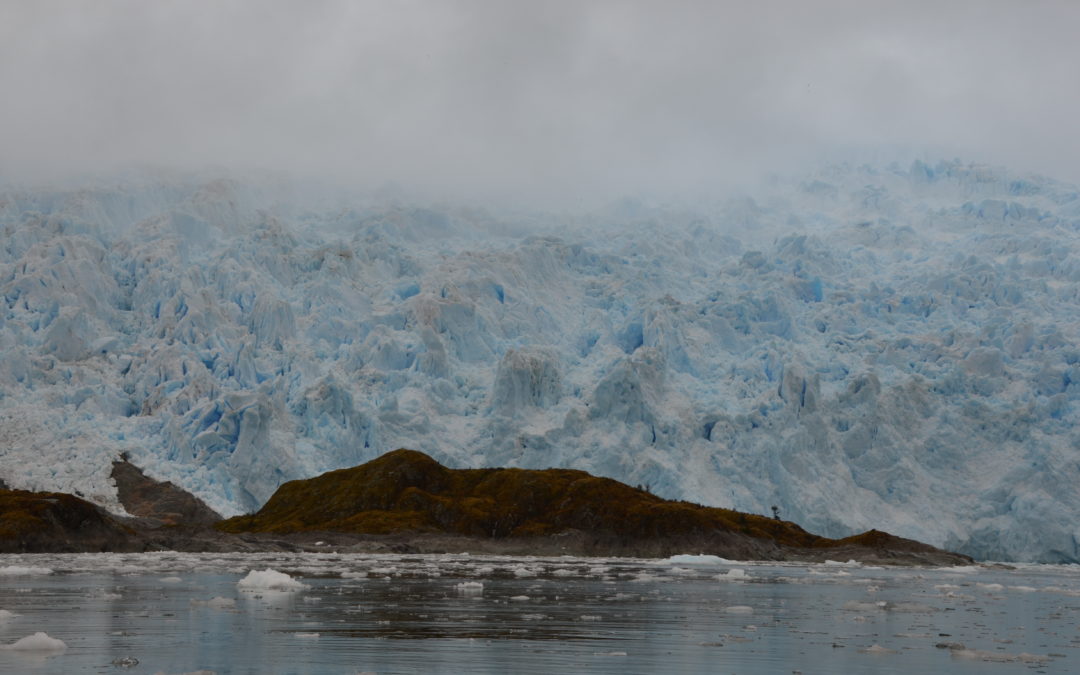Source: Scientific American (dated Aug. 12th, 2020) – According to a new study that analysed satellite data from 1994 to 2018, Antarctic ice shelves have lost nearly 4 trillion metric tons of ice since the mid-1990s, scientists say.
Ocean water is melting them from the bottom up, causing them to lose mass faster than they can refreeze. This spells bad news for the hundreds of glaciers spread out along the Antarctic coastline and sets the stage for further sea-level rise. The results of this study were recently published in the journal Nature Geoscience.
Ice shelves are ledges of ice that jut out from the edge of the continent into the ocean. They help to keep glaciers stable, holding them in place. As ice shelves melt, they become thinner, weaker and more likely to break. When this happens, they can unleash streams of ice from the glaciers behind them, raising global sea levels.
Scientists have grown more concerned about Antarctic ice shelves in recent years. Research increasingly suggests that ice shelves in certain regions of the continent — particularly in West Antarctica and parts of the Antarctic Peninsula — are melting and thinning from the bottom up.
The new study confirms that the fastest-melting areas are mainly ice shelves jutting into the Amundsen and Bellingshausen seas, which back up to the coast of West Antarctica and the western flank of the Antarctic Peninsula.
Melting ice shelves account for only some of the ice that Antarctica loses in any given year.
Rising sea levels are the biggest concern about ice loss from Antarctic glaciers. But melting ice shelves are worth keeping an eye on for another reason, Adusumilli added.
The influx of meltwater pouring into the sea can alter the ocean in some significant ways. The cold, fresh water can form a rigid layer on the surface of the ocean. Some researchers believe that this, in turn, could allow deeper, warmer layers of the ocean to grow even warmer. And when these warm layers well up at the edge of the continent, they could cause the ice shelves to melt even faster.
So when it comes to thinking about purchasing a coastal property where future sea-levels might be an issue – allow Geohazard Assessment Services Ltd to assist you in making that informed decision.


Recent Comments